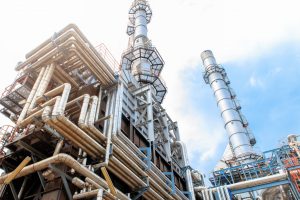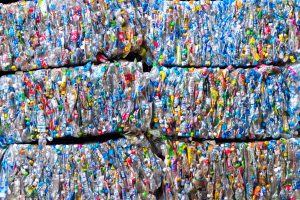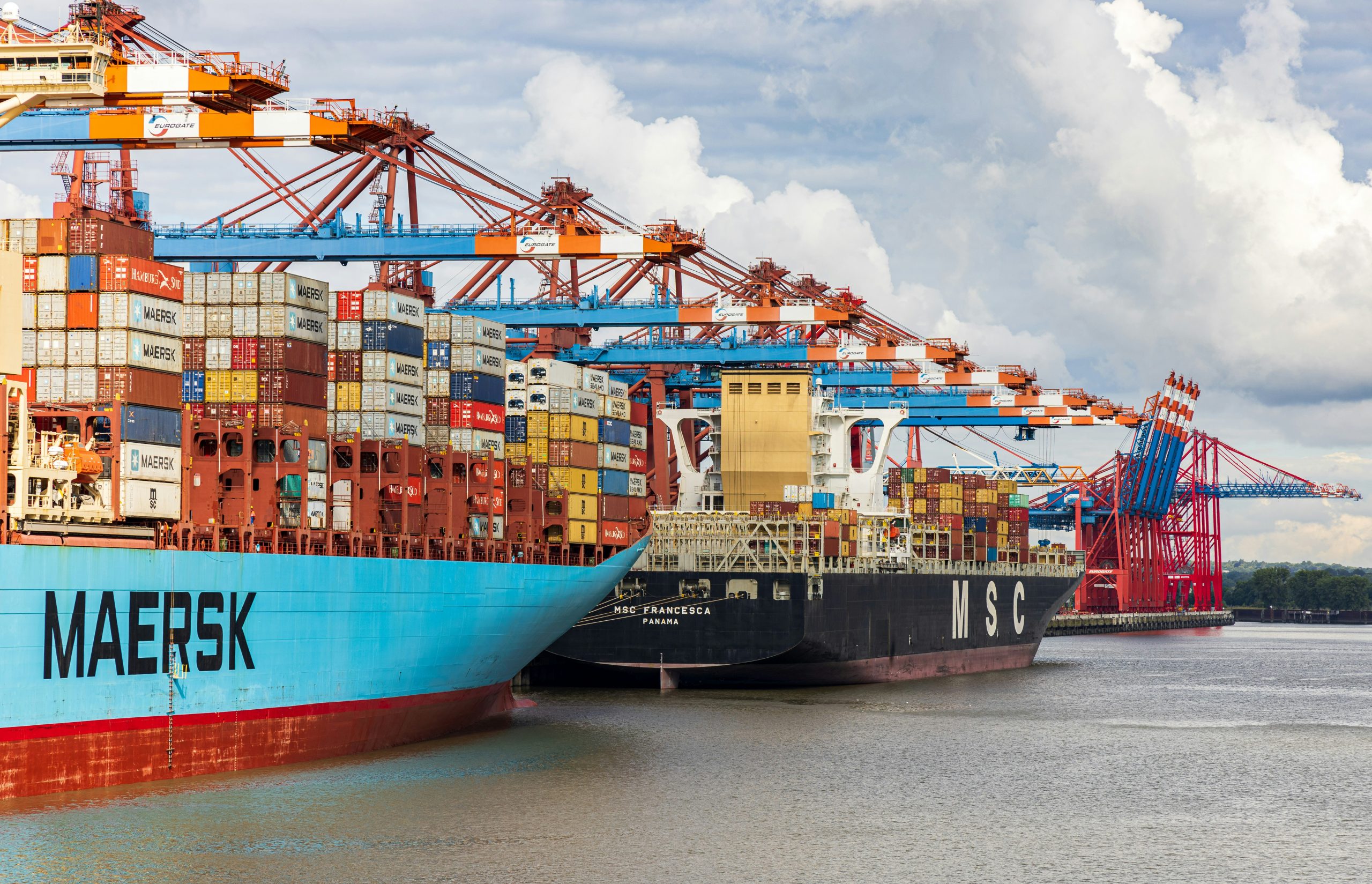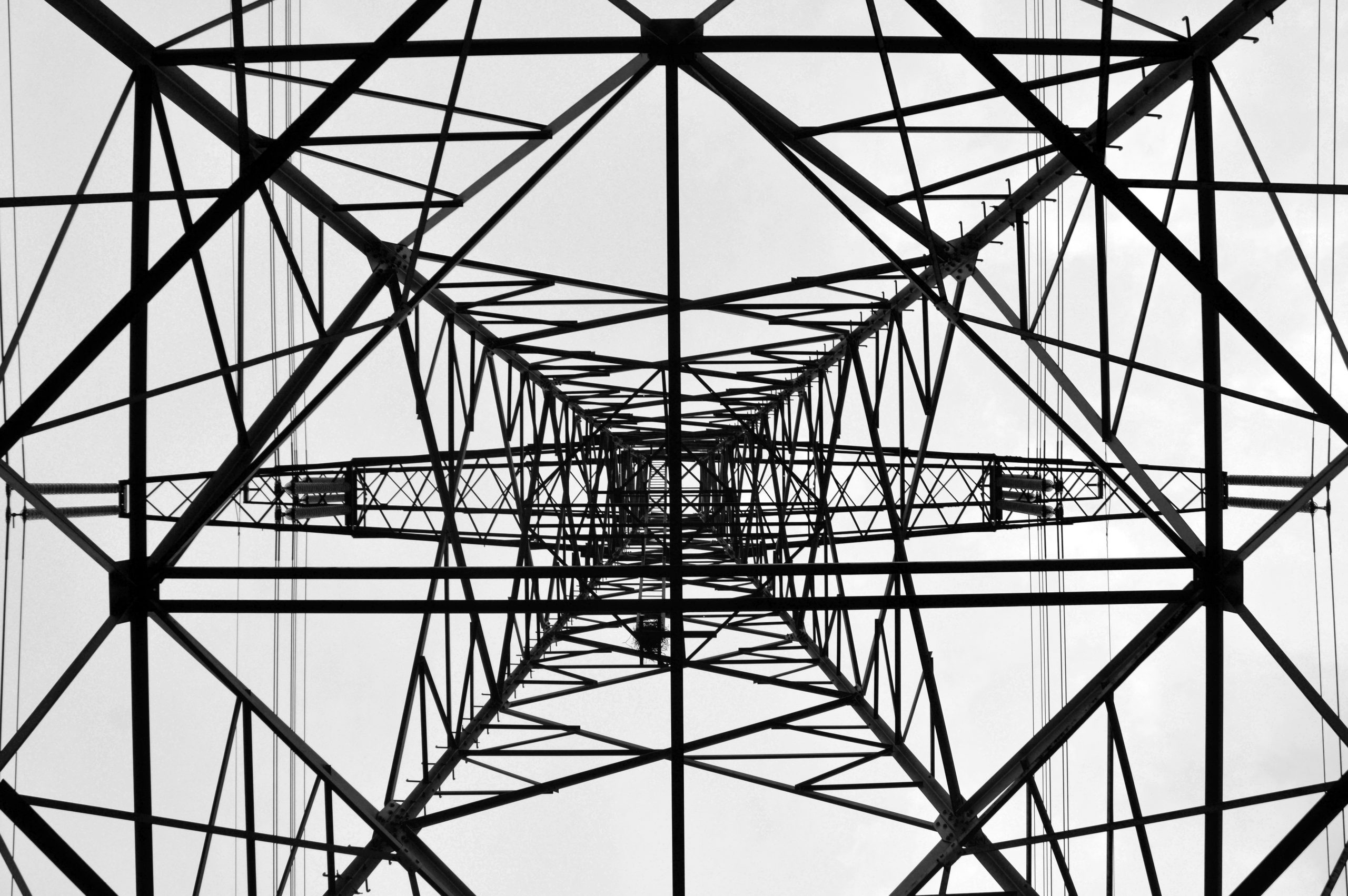Coming soon | Greenhouse gas emissions from global petrochemical production (1978-2050)
Fanran Meng, Luke Cullen, Rick Lupton, Jonathan M. Cullen
This article is currently under review.
The petrochemical industry is responsible for 13% of global industrial and 3.5% of total greenhouse gas (GHG) emissions1,2. However, a detailed account of facility-level emissions does not exist, clouding decision making for decarbonisation in the sector. To address this gap, we map historical, present, and anticipated emissions from 37,379 production facilities, assessing trends across country, product-type, emissions source, GHG-type, uncertainty and time. We develop a bottom-up emissions assessment covering 81 chemicals and 2,043 manufacturing processes, using production volumes, process recipes, thermodynamic principles, and fully quantified uncertainties. We show that global GHG emissions from petrochemical production are 2.0±0.8 GtCO2e in 2023, rising to 3.0±1.2 GtCO2e in 2050. Decarbonisation is challenging due to fossil feedstock use, releases from process reactions, long infrastructure lifespans, and high-temperature heat requirements; analyses and action are hindered by inadequate granularity for emissions accounts1,3–5. Our scenarios suggest that efficiency improvements, alternative feedstocks and carbon capture technologies must be implemented quickly, prioritising the highest-emitting facilities. Demand reduction and power grid decarbonisation, especially in China, the US, and India, are needed to achieve net-zero emissions by 2050. Our comprehensive analysis provides insights for industry, academics, and policymakers, for targeting effective decarbonisation in the petrochemical sector.
Image: NASA on Unsplash






